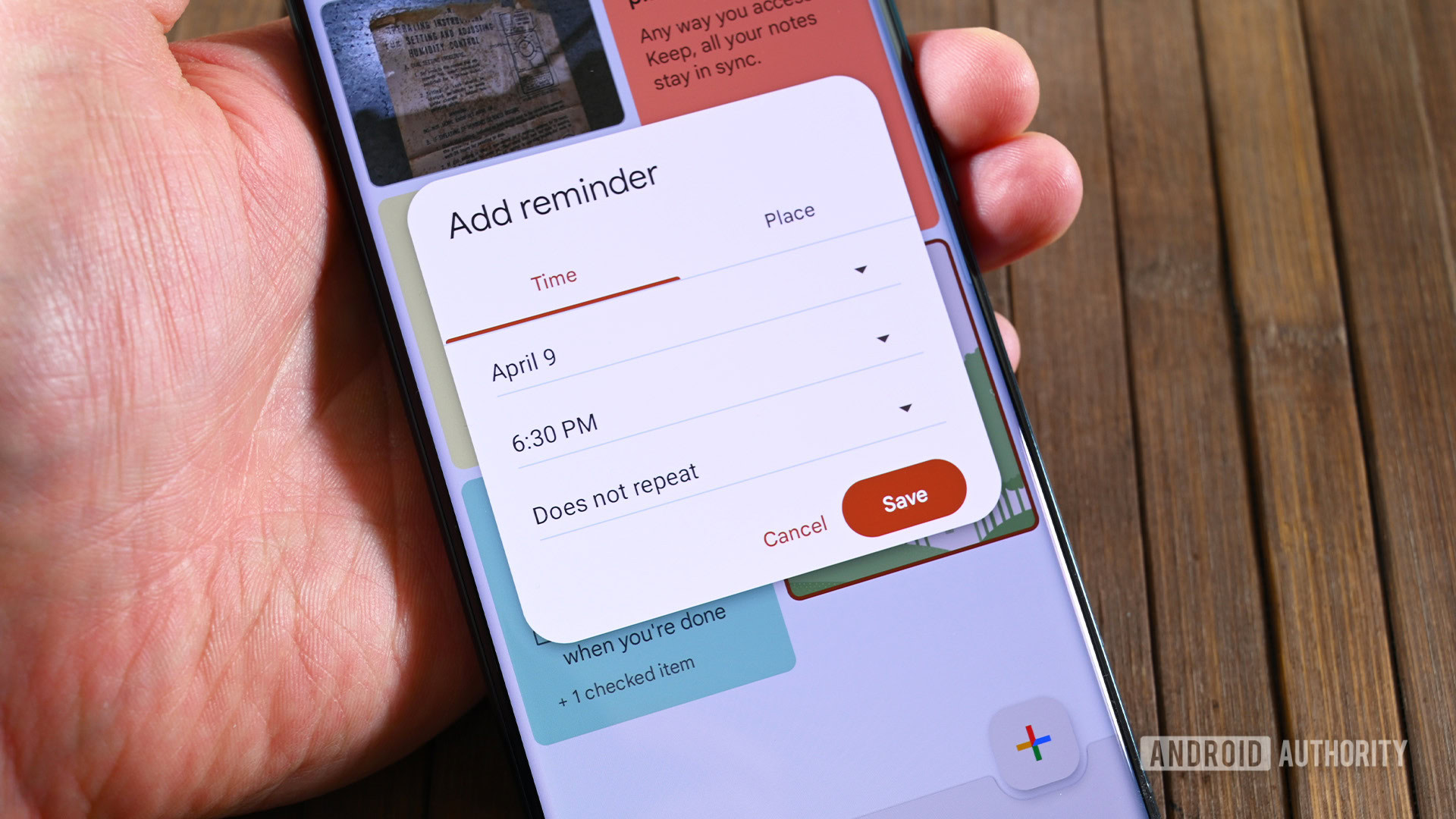TECH giant Google has issued an “emergency alert” after engineers discovered a systems flaw that could allow hackers to infiltrate billions of gadgets.
The “high-severity” flaw could allow scammers to crash Google Chrome causing chaos for users.
1
Anyone using Chrome is being urged to take immediate action to update their systems.
Unchecked, the flaw could allow hackers to overwrite critical data memory on billions of computers, tablets and smartphones.
The bug was detected on August 4 by Google using a combination of AI and human oversight.
Following tests, the roll-out of the update has been in place since yesterday, Tuesday August 19.
Users are being urged to immediately check their Chrome version by navigating to chrome://settings/help in their browser’s address bar.
The browser will automatically check for and install available updates.
Bug detection tool
Google analysts were alerted to the issue after the company’s bug detection tool uncovered the potential danger earlier this month.
Known as Big Sleep, the tool has been designed in collaboration with Google DeepMind and Project Zero, its elite security team.
The latest alert comes after Big Sleep identified a further 20 flaws across widely used open-source projects.
In a statement published on X on August 5, Heather Adkins, the company’s Vice President of Security, said “Today as part of our commitment to transparency in this space, we are proud to announce that we have reported the first 20 vulnerabilities discovered using our AI-based ‘Big Sleep’ system powered by Gemini.”
Royal Hansen, Vice President of Engineering at Google, said on X that the results point to “a new frontier in automated vulnerability discovery”.
Although Big Sleep uses AI to assess potential issues, Google has repeatedly stated that humans oversee the findings before acting on the findings.
Dodgy email attachments
The latest alert comes after Brits were warned to watch out for dodgy email attachments.
These can be used to drain bank accounts.
Cyber experts have revealed that online crooks now prefer planting malicious links over using infected attachments – and the results are far worse.
According to a new bombshell report by Proofpoint, the hidden traps are tucked inside emails, buttons, and even PDFs or Word docs, and one wrong click could see your logins stolen or malware silently installed.
Over 3 billion attacks with dodgy URLs have been sent out and the main goal is to steal passwords.
This hacking scheme isn’t just being used by criminal masterminds either.
The tools are so easy to get hold of that even low-level scammers can launch convincing fakes that bypass security checks like multi-factor authentication and take full control of your account.
What is Artificial Intelligence?

Here’s what you need to know…
- Artificial intelligence, also known as AI, is a type of computer software
- Typically, a computer will do what you tell it to do
- But artificial intelligence simulates the human mind, and can make its own deductions, inferences or decisions
- A simple computer might let you set an alarm to wake you up
- But an AI system might scan your emails, work out that you’ve got a meeting tomorrow, and then set an alarm and plan a journey for you
- AI tech is often “trained” – which means it observes something (potentially even a human) then learns about a task over time
- For instance, an AI system can be fed thousands of photos of human faces, then generate photos of human faces all on its own
- Some experts have raised concerns that humans will eventually lose control of super-intelligent AI
- But the tech world is still divided over whether or not AI tech will eventually kill us all in a Terminator-style apocalypse









